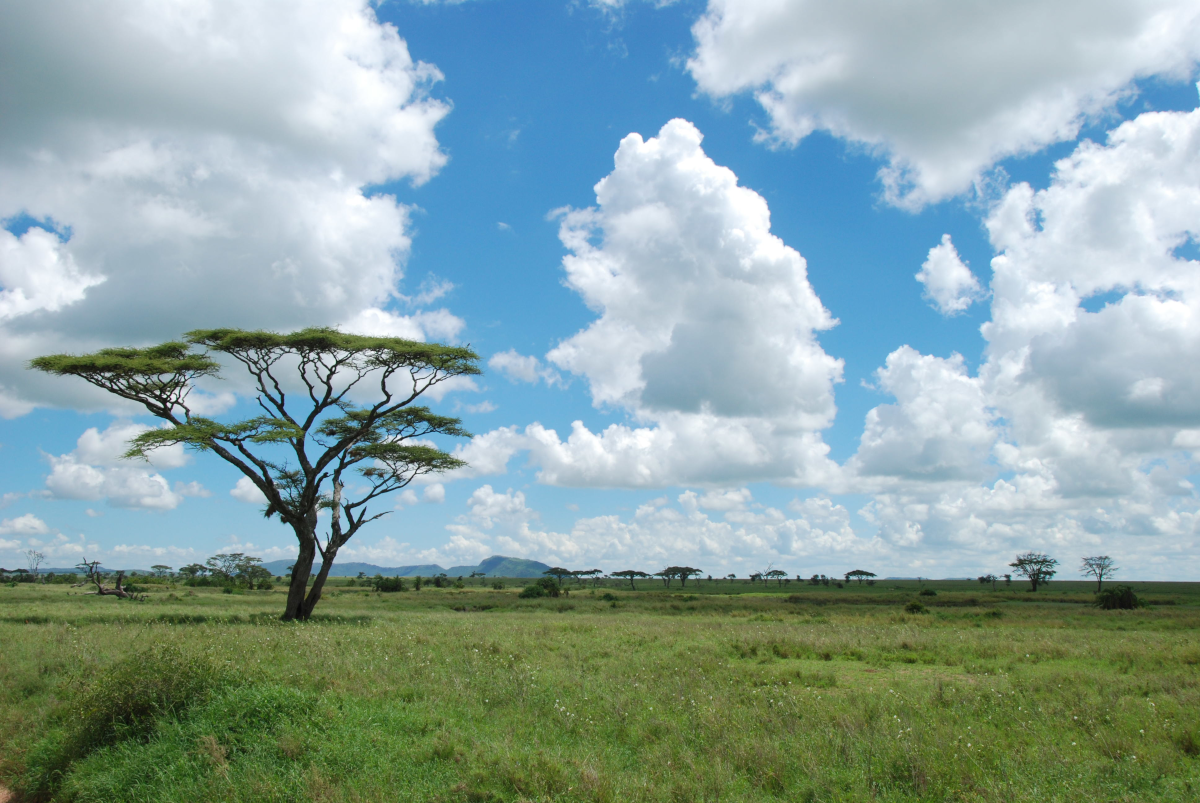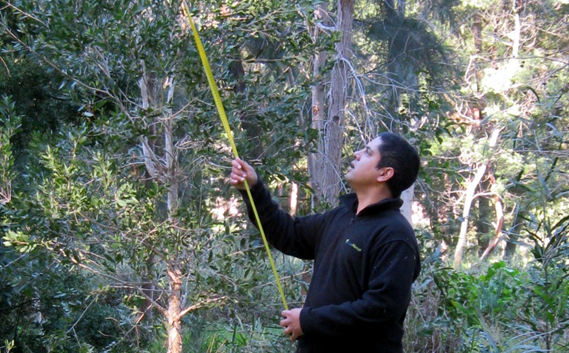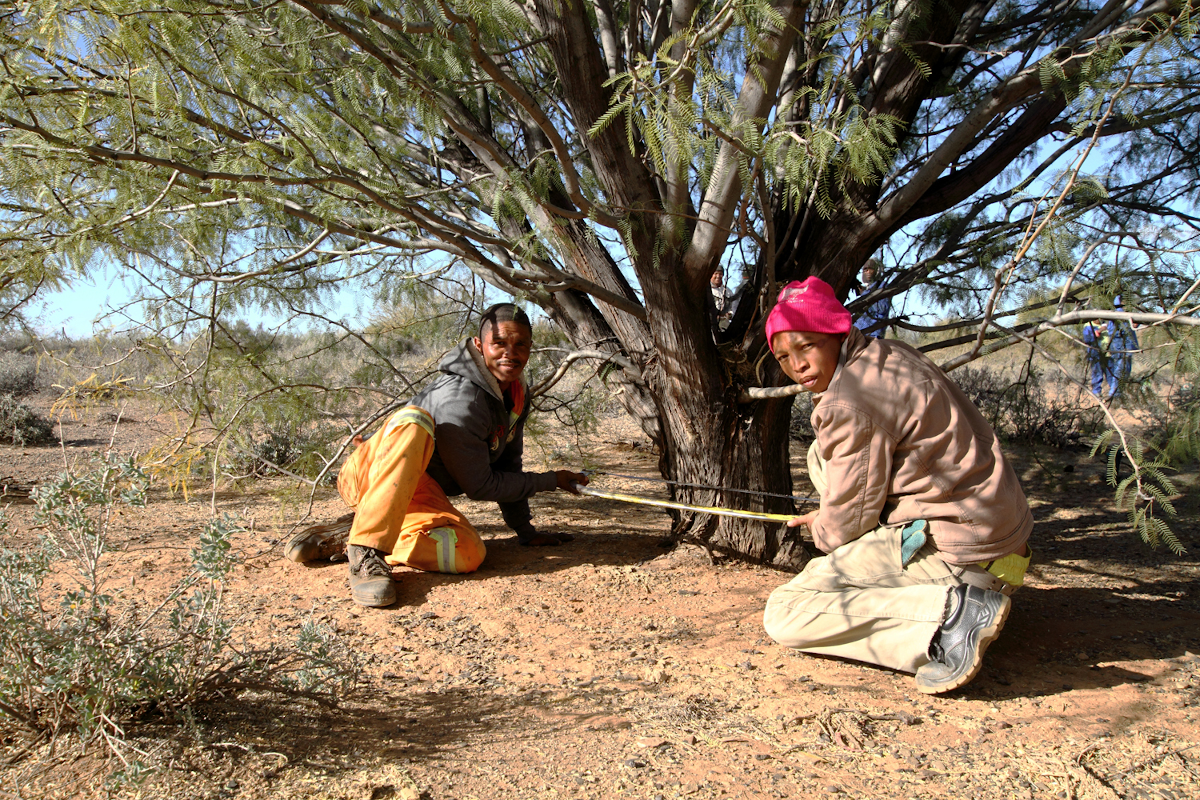C·I·B researchers assess the threat of alien plant species to the Serengeti
A recent study by C·I·B research fellow Dr Arne Witt and core team member Prof Brian van Wilgen, has found that over 50 alien plant species have established naturalised populations in the iconic Serengeti-Mara ecosystem in Kenya and Tanzania.



